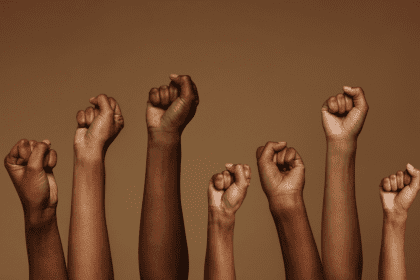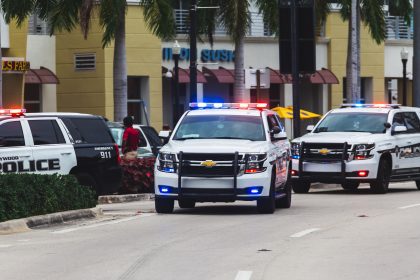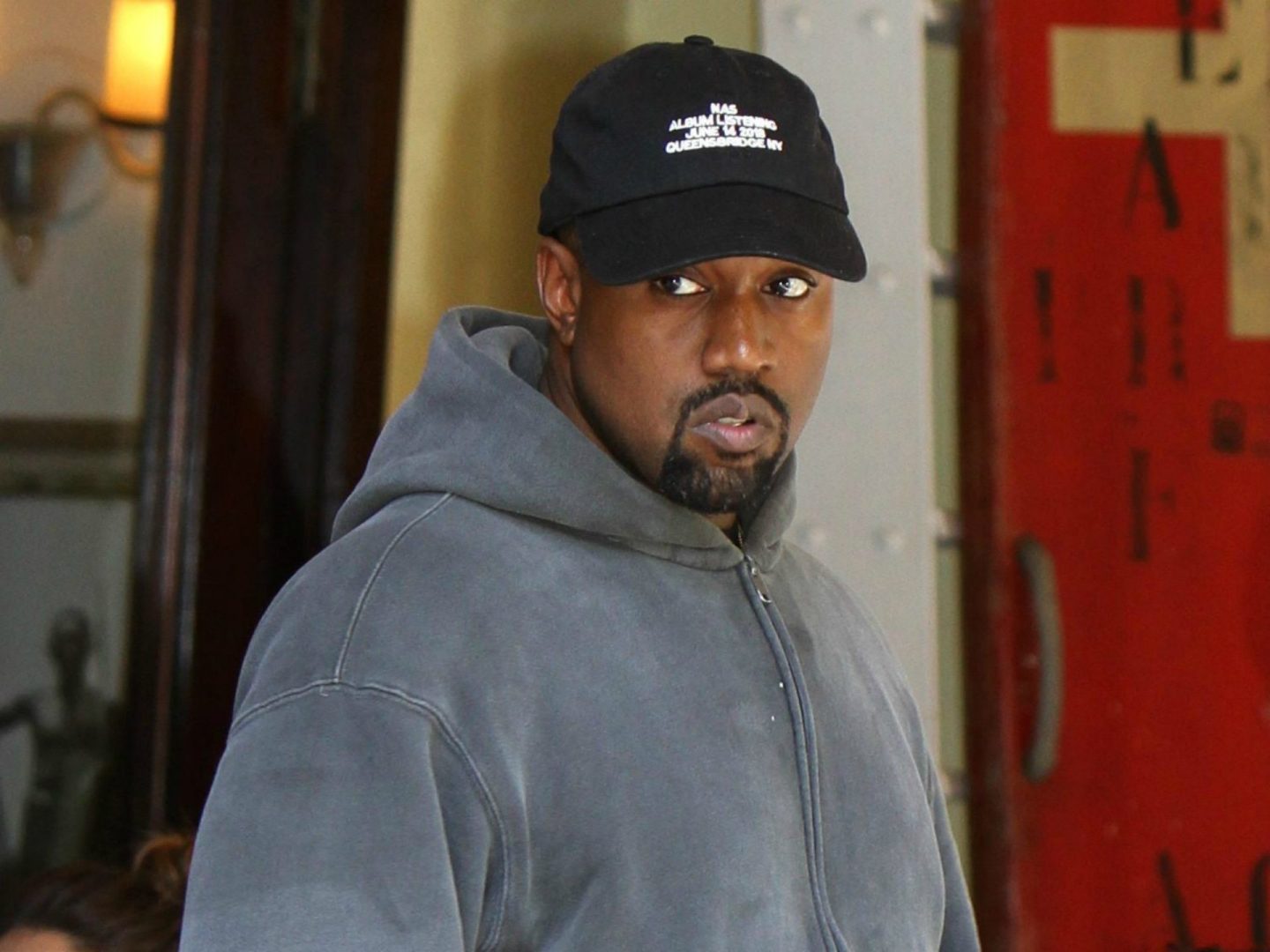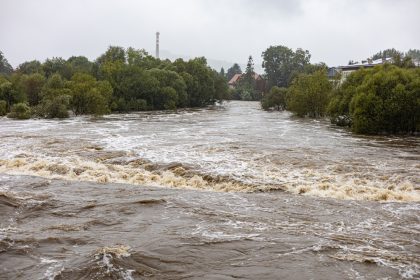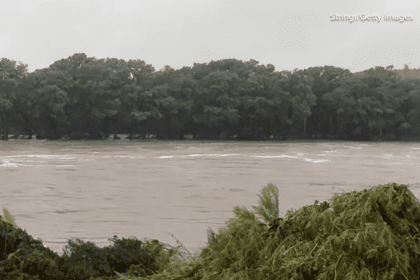
In America, the Black Lives Matter movement has succeeded in reaching millions across the country. But internationally there seems to be a disregard for Black lives when it comes to terrorism in Africa. The recent attacks by ISIS in Paris shocked the world as the sight of bloodied, injured and dead White bodies flooded mainstream media. The world’s leaders decried the action and even Pope Francis chimed in calling the attacks “A piecemeal WW III.” But, in fact, if we look at the body count of terrorist activities, it is Nigerian-based Boko Haram and not ISIS that is the bigger threat.
According to a recently released Global Terrorism Index report by the Institute for Economics & Peace, “Deaths attributed to Boko Haram increased by 317 percent in 2014 to 6,644. ISIL was responsible for 6,073 terrorist deaths.”
These deaths were more than any other terrorist group in the world, including ISIS. On Wednesday of this week, Boko Haram claimed responsibility for bombing the northern Nigerian state of Kano, the second bombing taking lives this week.
But what is fueling both of these organizations is the theft of oil. Nigeria admitted that in 2014 an estimated $20 billion was stolen by Boko Haram in oil. It is estimated that ISIL earns $1.4 million per day on stolen oil shipped to middle agents. These middlemen trade on the open oil and gas market and the illicit product is allegedly purchased by some European countries and China. This illegal trade in oil has dropped the price worldwide causing concern with many members of OPEC, especially Saudi Arabia.
Because of heavy Chinese, Russian and even American investments in the countries with these terrorists, military options are limited. Destroying the oil production infrastructure of these countries would dramatically affect any government in the future. The decentralized nature of these non-state actors is presenting a serious dilemma for the international community.

